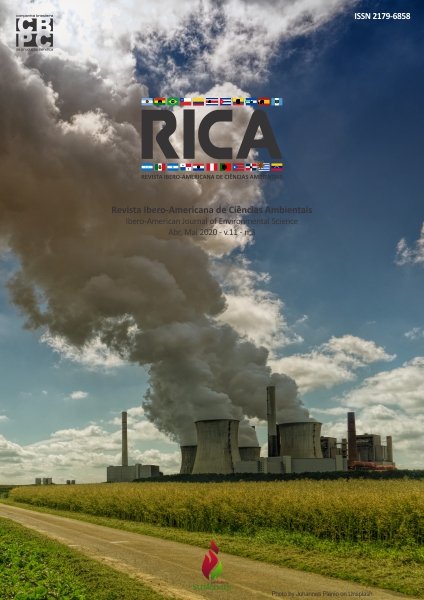CO2 emissions in Mato Grosso by automotors veicles
DOI:
https://doi.org/10.6008/CBPC2179-6858.2020.003.0019Keywords:
Greenhouse gases, Diesel, Social Behavior, EconomyAbstract
High rates of Carbon dioxide (CO2) is strongly related to the rising in the automobiles production due to the high consume of fuel, either fossile or non exhaustible. In regions with high farming production, the incremente in the heavy autmobiles favor, consequently, the rising in the Diesel consumption, which is one of the most atmospheric pollutant. Being the state of Mato Grosso a big centre of farming production, these emissions must be considerably high, however, an inventory is necessary searching for mitigatories methods. Therefore, this work has the aim to show the relation between the increment of fuel and the CO2 emissions to the atmosphere, comparing cities with distinct comercial activities and basing in statistial annuaries. Our results indicate that there is a signitificative growth on the fossile fuel selling, as well as the non exhaustible, which lead to high CO2 emissions to the atmosphere. We highlight that Diesel was the type of fuel representing the most emissions, almost 5 times more than Gasoline, and 6 times more than the Ethanol. The city in the North of the state, that presents high farming production, was the responsible for 4 times more consumption of Diesel than the city in the Southwest, that belongs to the farming distribution between states, ending in 2.7 times more emissions in the North than in the Southwest. These results provides a view of the fuel consumption in the Mato Grosso state, as well as highlight the necessity of awareness for the reduction of greenhouse gases.
Downloads
Downloads
Published
Issue
Section
License
The CBPC - Companhia Brasileira de Produção Científica (Brazil CNPJ: 11.221.422/0001-03) the material rights of the published works. The rights relate to the publication of the work anywhere in the world, including rights to renewals, expansions and dissemination of the contribution, as well as other subsidiary rights. All electronically published works may subsequently be published in printed collections under the coordination of this company and / or its partners. The authors preserve the copyright, but are not allowed to publish the contribution in another medium, printed or digital, in Portuguese or in translation.









